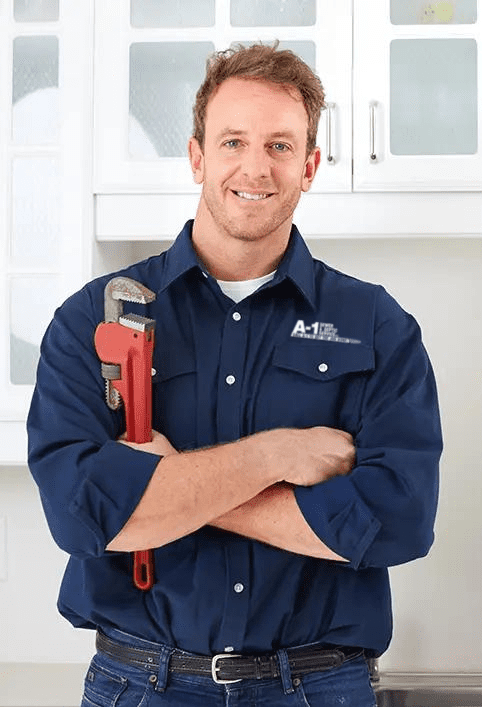What Causes Septic Tank Odor in Your House?
Homeowners in Kansas City should never ignore septic tank odor or sewer smell. Odors like the smell of sewer gas, methane gas, rotten egg smell, hydrogen sulfide, or foul odors in general when it comes to your septic system shouldn’t be ignored. The problem isn’t just the stench; it’s also



